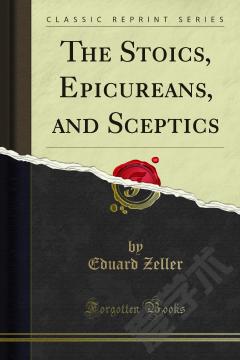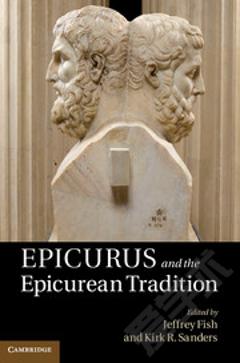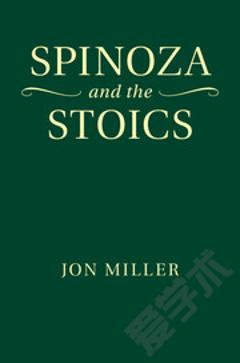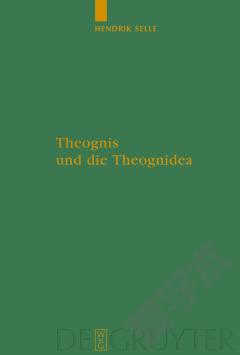Stoic and Epicurean
Stoics, Zeno and Chrysippus; much of the evidence is derived from opponents who were naturally more alert to detect and expose inconsistencies than care ful to state impartially the doctrines they impugned. When ampler means of information become available, new difficulties arise; for while it is certain that the Stoics of Cicero's time had diverged from the stand ards Of orthodoxy prescribed by their predecessors, it is not equally certain wherein precisely this diver gence consisted. Thus Cicero puts into the mouth of Cato a lucid exposition of Stoic ethics, but what particular Stoic was Cicero's authority, and how far this authority reproduced or modified the original doctrine of Zeno and Chrysippus, is matter of dis pute. Nor are these difficulties removed by con sulting'seneca, Epictetus and Marcus Aurelius, the authors whom we know at first hand and in fullest detail. It is difficult to see how, from a mass of precepts, exhortations and moral reflections the un derlying structure Of dogma can be inferred with such clearness and precision as readily to serve for comparison with other authorities. The most care ful inquirymust, therefore, leave room for doubt, on questions of grave importance. In the first three chapters of this work the reader will find a nucleus of fact, well attested by documentary evidence, and my constant endeavour has been to bring him, wher ever possible, face to face with the utterances of the Stoics themselves, so that he may judge for himself of the correctness of my interpretation.
{{comment.content}}








 京公网安备 11010802027623号
京公网安备 11010802027623号